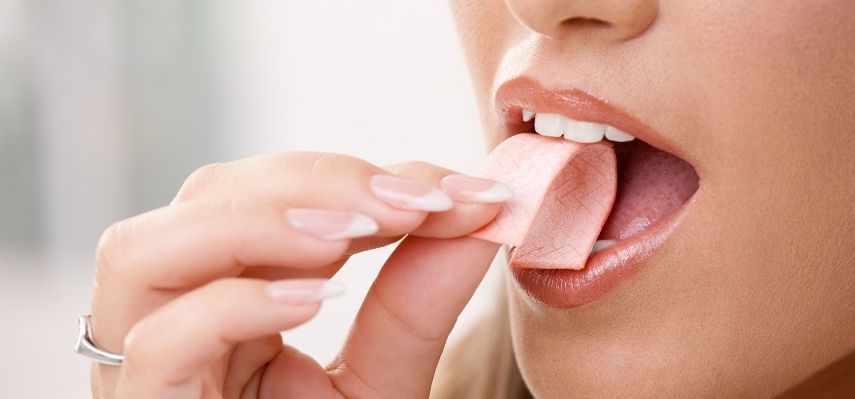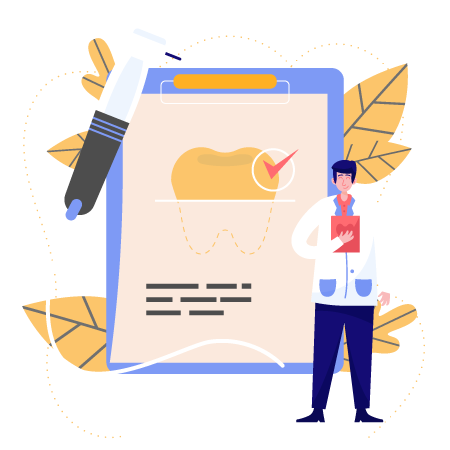
Chewing delicious chewing gum is a lot of fun, isn't it? It leaves your mouth feeling fresh after eating it. Children especially like it. In foreign countries, there is a trend of eating sugar-free chewing gum instead of brushing, citing a busy lifestyle! I have seen some of my adult patients neglecting brushing too! But have you ever checked what sugar and in what quantity has been added to such chewing gum for sweetness? Will it benefit or harm our teeth?
In previous articles, we saw that the bacteria in dental plaque break down food particles and produce acids that cause tooth decay by creating cavities in the outer layer of the teeth. The more sugar and starch in the food, the faster the decay spreads. Keeping in mind the harm caused by such sugar, some manufacturers started selling sugar-free chewing gum in the market and people started considering it as an alternative to brushing! Also, advertisements are such a lure that will take us away from reality! Due to lack of logical power, appearance and marketing, we live with many misconceptions.
If you blindly imitate your NRI relatives by chewing sugar-free gum without understanding anything, then you will be shocked. Just think, why is it that despite being more conscious about oral health abroad than Indians, the rate of tooth decay does not decrease in them? Perhaps the root cause of this may be neglect of brushing and flossing! Follow the people but use your brain. Let us see today the benefits of chewing sugar-free chewing gum for teeth and also understand why it is not an alternative to brushing.
According to the American Dental Association (ADA), chewing sugar-free gum after meals can help prevent tooth decay. Studies have shown that chewing gum increases the flow of saliva in your mouth, which can help reduce the concentration of sugars and acids in your mouth as food particles break down. In addition, the increased flow of saliva helps remove food particles and germs from your teeth through its flushing action. In addition, this increase in saliva also helps strengthen tooth enamel (the protective outer coating) because it contains more calcium than regular saliva.
However, chewing gum is not a replacement for brushing your teeth...
Pouring phenolic water in every corner of the house does not clean, for this we have to remove our own dirt. Similarly, sugar-free gum may be helpful in maintaining your daily hygiene, but it cannot be considered a substitute for brushing and flossing. Chewing gum can reach the surface of your teeth, but it does not reach between your teeth like flossing. Brushing is very important to clean from every corner of the mouth. Since teeth cannot usually be brushed immediately after a meal, I consider it the best time to chew gum. Doing so can help keep your teeth clean in the short term and also gives a refreshing feeling after eating. In addition to good habits followed daily to maintain oral health, visiting your dentist once a year for a check-up will definitely help prevent more serious issues and keep your mouth healthy.





